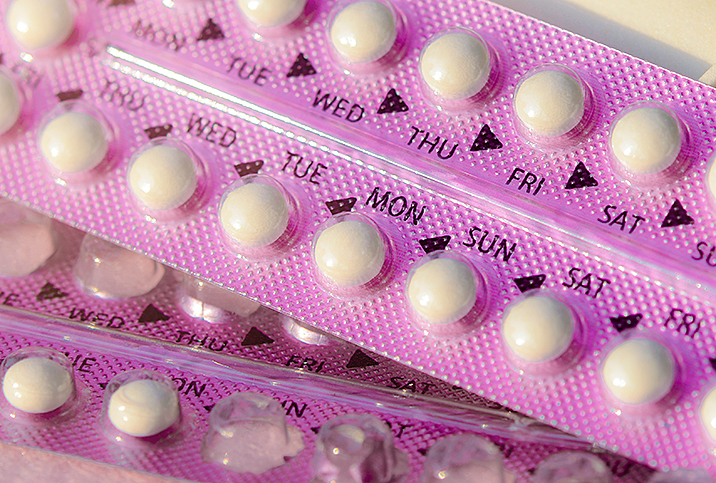Abortion Pill Still Available Despite Federal Court Ruling

A federal court ruling Wednesday sided with anti-abortion groups to restrict access to America's most popular abortion medication, but it's still available pending the Supreme Court's final decision.
The legality of the Food and Drug Administration's (FDA) approval of mifepristone, one of two medications used to terminate a pregnancy, is at the center of the dispute: Alliance for Hippocratic Medicine v. FDA.
Mifepristone, when prescribed in conjunction with misoprostol, can terminate a pregnancy, but the medication alone is also used to treat other conditions, including Cushing's syndrome and uterine leiomyomas.
The case against the FDA ended up at the 5th Circuit Court of Appeals after a Texas judge's ruling in April sought to suspend the drug entirely, even in states where abortion is legal.
In April, American Medical Association president Jack Resneck issued a statement saying the Texas judge's ruling "flies in the face of science" and "threatens to upend access to a safe and effective drug that has been used by millions of people for more than 20 years."
The Supreme Court stepped in, siding with the Department of Justice, allowing the medication to remain on the market while the case went through the judicial system.
Wednesday's 5th Circuit ruling did not overturn the FDA's initial 2000 approval of the medication, as the Texas judge intended, but instead focused on FDA amendments in recent years that loosened restrictions on mifepristone.
Can you get the abortion pill online?
During the pandemic, the FDA loosened restrictions on mifepristone, allowing telehealth providers to prescribe and mail the drug.
As of Aug. 17, 2023, those pandemic-era loosened restrictions remain. The abortion medication may be prescribed via either in-person or telehealth doctor appointments and it can be mailed directly to the patient.
However, if the Supreme Court agrees with the 5th Circuit's ruling, women would no longer be able to get mifepristone via telehealth appointments or by mail.
Who cares about the abortion pill ruling?
Nearly 22 million reproductive-age women, roughly 1 in 3, according to the Center for American Progress, live in states with severe abortion restrictions following the Supreme Court's decision to effectively overturn Roe v. Wade—ending 50 years of legal abortion access in the U.S.
An estimated 2.2 million women of childbearing age live in maternity care deserts where they lack access to gynecologic care, according to a March of Dimes report.
With those numbers in mind, experts say the federal ruling would surely lead to more unintended pregnancies due to maternity care deserts in the United States.
Already, states with severe abortion restrictions are seeing an uptick in unintended pregnancies. In Texas, women had 10,000 more babies, a 3 percent increase, in the months after Roe v. Wade was overturned and the state's strict abortion ban bill, Texas Senate Bill 8, went into effect, according to a 2023 report.
Groups, including the American College of Obstetricians and Gynecologists and the American Civil Liberties Union, objected to additional mifepristone restrictions.
President Joe Biden's press secretary, Karine Jean-Pierre, issued a statement Wednesday "strongly" disagreeing with the 5th Circuit's most recent decision, saying it "undermines FDA's scientific, independent judgment and reimposes onerous restrictions on access to safe and effective medication abortion."
How late can you take the abortion pill?
As of Aug. 17, 2023, women can take mifepristone and misoprostol to terminate a pregnancy up to 10 weeks, or 70 days, into her pregnancy.
The latest 5th Circuit ruling seeks to shorten that legal window of time to 49 days, or roughly seven weeks.
The bottom line
Medication abortion, the nation's most popular method of abortion, is still available by prescription to women through either online or in-person doctor appointments.
Women must live in abortion-legal states and be under 10 weeks of pregnancy to obtain the medication.
The new restrictions on the medication will not go into effect until the Supreme Court issues a decision. The nation's highest court could issue a final ruling on the matter during its upcoming session, which begins in October.


















